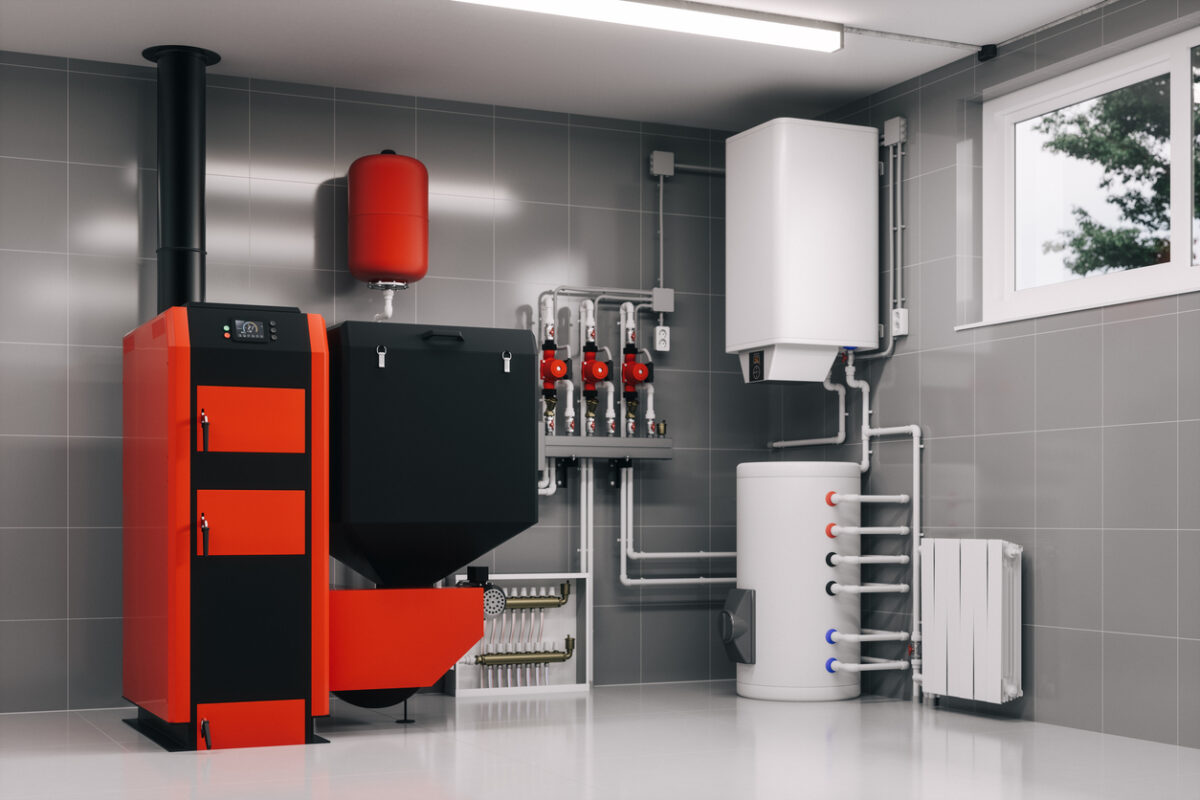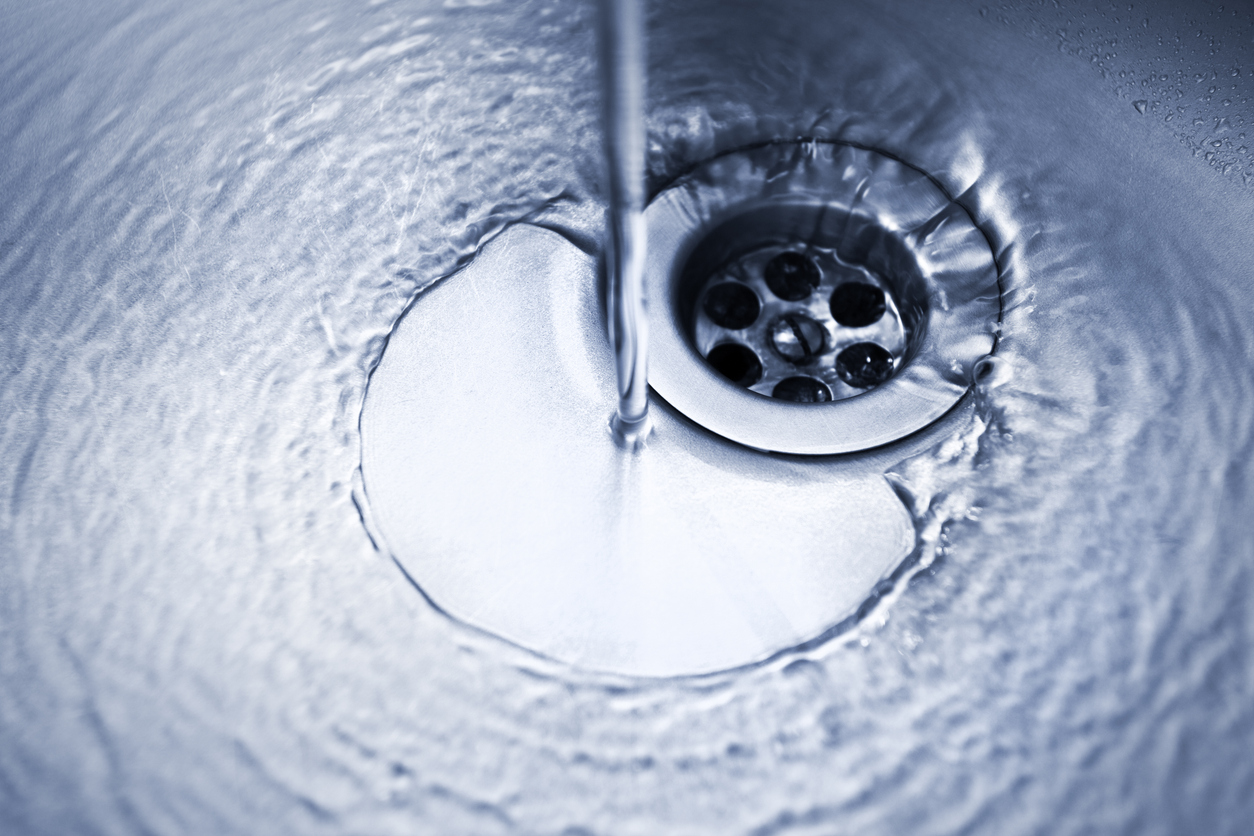Water Heater Maintenance for Ohio Homes

Water Heater Maintenance – Is your water heater ready to keep up with your daily demands? Regular water heater maintenance is the key to ensuring you never run out of hot water when you need it most.
In this guide, we’ll explore why maintenance matters, common issues to watch for, and step-by-step tips to keep your water heater running smoothly. Let’s dive in!
Why Regular Water Heater Maintenance is Crucial
Keeping your water heater in top shape is crucial for a few reasons. First, regular maintenance ensures that your water heater works efficiently.
This means you get hot water when you need it, and you save on energy bills. Second, it prolongs the life of your water heater.
Nobody wants to deal with the hassle and expense of replacing a water heater prematurely. Lastly, regular check-ups help prevent unexpected breakdowns, saving you from those cold shower surprises!
Neglecting your water heater can lead to a host of problems. Sediment build-up is one of the biggest issues. Over time, minerals in the water can settle at the bottom of the tank, reducing efficiency and causing the heater to overheat.
This not only wastes energy but also can damage the tank. Another problem is rust. If parts like the anode rod aren’t checked and replaced as needed, rust can form, leading to leaks and possibly ruining the heater.
Ignoring your water heater can result in undetected leaks, which can cause water damage in your home. Regular maintenance helps you catch these issues early and fix them before they become major problems.

drain with waterrunning kitchen faucet (darker variation shot)running kitchen faucet
Types of Water Heaters Common in Ohio Homes
When it comes to picking a water heater in Ohio, you have several good options. Each type has its own benefits depending on what you need for your home.
Gas Water Heaters
Gas water heaters are popular because they heat water quickly and are usually cheaper to operate, thanks to the lower cost of natural gas. However, they require a gas line, which might not be available in all homes. If you have access to a gas line, these can be a great choice for fast, efficient heating.
Electric Water Heaters
Electric water heaters are a good alternative if you don’t have a gas line. They are easier to install and are considered safer because they don’t involve burning gas, which reduces the risk of fire hazards. While they can be more energy-efficient, their operating costs might be higher depending on electricity rates in your area.
Tank Water Heaters
Tank water heaters have a large tank that stores hot water, so it’s ready whenever you need it. This can be very convenient, but they are less energy-efficient because they need to keep the water hot at all times. They also take up more space, so you’ll need to make sure you have the room for one.
Tankless Water Heaters
Tankless water heaters are growing in popularity because they heat water directly on demand, which saves energy.
They are more compact than tank water heaters and can last longer. However, they usually have higher upfront costs and might require more maintenance over time. They’re perfect if you’re looking for efficiency and space-saving benefits.
Solar Water Heaters
Solar water heaters use solar panels installed on your roof to capture energy from the sun and transfer it to heat water.
These systems can significantly reduce your reliance on traditional energy sources, making them environmentally friendly and potentially very cost-effective. However, the initial installation can be pricey and their effectiveness depends largely on your location and the amount of sunlight your home receives.
Each of these water heater types has its own set of pros and cons, so consider your home’s needs and your personal preferences when making a decision.
Tools and Materials You’ll Need
Basic Tools for Maintenance
Having the right tools on hand can make all the difference in performing effective maintenance. You will need an adjustable wrench for loosening and tightening nuts and bolts, a screwdriver set with both flathead and Phillips types for various screws, and a garden hose to drain the tank during flushing.
A bucket is necessary for catching water and debris, and plumber’s tape is crucial for sealing pipe threads to prevent leaks. These tools are fundamental for most water heater maintenance tasks and will help you get the job done right.
Safety Gear
Safety is paramount when working on your water heater. To protect yourself, you should have gloves to protect your hands from hot surfaces and sharp edges, safety glasses to shield your eyes from debris and splashes, and protective clothing such as long sleeves and pants to safeguard your skin.
Additionally, wearing non-slip shoes ensures stability and prevents slipping, especially in wet areas. Having the right safety gear ensures you can perform maintenance tasks without risking injury.
Step-by-Step Guide to Water Heater Maintenance
Keeping your water heater in tip-top shape means doing some regular maintenance. Here’s a simple guide to help you keep your water heater running smoothly and lasting longer. Remember, it’s always best to call in professionals if you’re not sure about doing it yourself.
Step 1: Turn Off the Power
First things first, you’ve got to make sure it’s safe. If you have an electric water heater, turn off the circuit breaker. For gas water heaters, just set the thermostat to the “pilot” setting. This way, you won’t have any surprises with electric shocks or gas leaks while you work.
Step 2: Check the Pressure Relief Valve
The pressure relief valve is super important because it stops your water heater from getting too pressured and, well, blowing up. Put a bucket under the discharge pipe and lift the valve lever. If water comes out, it’s all good! If not, you might need a new one. It’s a good idea to check this once in a while to keep things safe.
Step 3: Inspect the Anode Rod
This rod is like a superhero for your water heater—it fights off rust and corrosion. First, turn off the water supply, then unscrew the rod from the top of the tank and check it out. If it’s really worn down or gunky with calcium, you should probably get a new one. Doing this regularly really helps your water heater last longer.
Step 4: Flush the Tank
Over time, all sorts of sediment can build up in your tank, and that’s not good for it. Attach a garden hose to the drain valve and run the other end outside or to a drain. Open the valve and let the water run until it’s clear. This keeps your water heater happy by getting rid of all that junk that can build up.
Step 5: Adjust the Thermostat
Setting the right temperature on your water heater can save energy and keep you from getting a hot surprise when you turn on the tap. About 120 degrees Fahrenheit is usually just right. If you turn it down a bit, you can even save some money on your energy bill and slow down mineral buildup. Check this now and then to make sure it’s set where you want it.
By following these steps, you can help your water heater do its job better and last longer. And remember, if any of this seems a bit tricky, it’s always a good idea to call in the pros. They know exactly what to do!
Signs Your Water Heater Needs Professional Help
Common Warning Signs
Spotting the early warning signs of water heater problems can save you from big headaches later on. Here are some things to look out for:
- Discolored Water: Rusty or cloudy water can be a sign of corrosion inside the tank.
- Water Pooling: Any water collecting around your water heater is a serious issue and should be fixed right away to avoid water damage.
- Foul Smell: If the hot water smells bad, it could be due to bacteria growing in the tank.
- Fluctuating Water Temperature: If the water temperature keeps changing, there might be a problem with the thermostat or heating element.
- Leaking Pressure Relief Valve: If the pressure relief valve is leaking, it could mean the tank pressure is too high, which is dangerous.
Keep an eye on these signs so you can tackle issues before they turn into major problems.
When to Call a Professional
Not all water heater issues can be fixed with DIY maintenance. Persistent problems, like no hot water or strange noises that don’t go away after basic troubleshooting, mean it’s time for expert help.
Major leaks often require professional repair or replacement of the unit. If your water heater is over 10-15 years old and keeps having issues, it might be more cost-effective to replace it. Knowing when to call a professional ensures your water heater works safely and efficiently.
Common Water Heater Problems and Solutions
No Hot Water
One of the most frustrating issues is when there’s no hot water. This could be due to a variety of reasons. For electric water heaters, it might be a faulty heating element or thermostat.
Check and replace any defective components. For gas water heaters, ensure the pilot light is lit and the gas supply is uninterrupted.
If these steps don’t resolve the issue, it’s best to call a professional for further inspection. Regular water heater maintenance can help prevent these issues by ensuring all parts are functioning correctly.
Strange Noises
Strange noises like popping or rumbling from your water heater can be alarming. These noises are typically caused by sediment build-up in the tank. Flushing the tank can often resolve this issue.
If the noise persists, it could indicate a more serious problem, such as a failing heating element, and professional help may be needed. Regular water heater maintenance includes flushing the tank to prevent sediment build-up and ensure smooth operation.
Leaking Water Heater
A leaking water heater is a serious problem that can cause significant water damage to your home. Leaks can occur due to a faulty pressure relief valve, a corroded tank, or loose connections.
Inspect these areas to identify the source of the leak. Tightening connections or replacing the pressure relief valve may solve minor leaks.
However, if the tank itself is corroded, you’ll likely need to replace the entire unit. Regular water heater maintenance can help catch these issues early before they become major problems.
Energy Efficiency Tips for Water Heaters
Saving on energy bills and being eco-friendly are important aspects of water heater maintenance. Here are some tips to help you maximize your water heater’s efficiency.
How to Save on Energy Bills
Reducing energy consumption with your water heater can significantly lower your utility bills.
- Insulate Your Water Heater Tank and Pipes: This helps retain heat, reducing the energy needed to keep the water hot.
- Lower the Thermostat: Setting it to 120 degrees Fahrenheit can save energy and prevent scalding.
- Use a Timer: Turn off the heater when it’s not needed, such as during the night or when you’re away.
- Regular Maintenance: Flushing the tank to remove sediment ensures the unit runs efficiently and uses less energy.
Implementing these tips as part of your regular water heater maintenance can lead to significant energy savings.
Eco-Friendly Maintenance Practices
Practicing eco-friendly water heater maintenance not only benefits the environment but also improves the performance of your water heater.
- Check and Replace the Anode Rod: Prevents rust and prolongs the life of your heater, reducing waste.
- Flush the Tank: Removing sediment build-up helps maintain efficiency, ensuring less energy is used.
- Install Low-Flow Fixtures: Reduces the amount of hot water used, saving energy.
- Consider Tankless or Solar Water Heaters: These can be great long-term investments for reducing your carbon footprint.
Incorporating these eco-friendly practices into your regular water heater maintenance routine helps you save money and protect the environment.
How to Extend the Life of Your Water Heater
Keeping your water heater in top shape is essential for maximizing its lifespan. Regular water heater maintenance plays a crucial role in ensuring your heater runs efficiently for many years.
Routine Maintenance Tips
Performing routine maintenance can significantly extend the life of your water heater.
- Regularly Inspect the Anode Rod: Checking and replacing the anode rod prevents rust and corrosion inside the tank.
- Flush the Tank Annually: Flushing out sediment build-up keeps your water heater running efficiently.
- Test the Pressure Relief Valve: Ensuring the valve works properly helps prevent tank overpressure, which can cause damage.
- Check the Thermostat Settings: Keeping the thermostat at 120 degrees Fahrenheit helps save energy and prevents overheating.
Following these routine water heater maintenance tips can help you avoid costly repairs and replacements.
Best Practices
Adopting best practices for water heater maintenance ensures your heater operates smoothly. Insulating the heater and pipes helps retain heat, improving efficiency and reducing energy consumption.
Using water softening systems can reduce mineral build-up in the tank if you have hard water. Performing regular visual inspections to look for signs of wear, leaks, or corrosion can help catch problems early.
Scheduling professional inspections annually allows a professional to identify and fix issues before they become serious.
Ensure Your Water Heater Runs Smoothly with Halpin Plumbing
Is your water heater in need of professional care? Halpin Plumbing offers expert water heater maintenance services in Cincinnati, Norwood, and Finneytown.
Our skilled technicians ensure your system operates efficiently and reliably.
Contact us today to schedule your maintenance and keep your water heater running smoothly all year round!
FAQs
How often should I flush my water heater?
You should flush your water heater at least once a year as part of regular water heater maintenance. This helps remove sediment build-up that can reduce efficiency and cause damage. Regular flushing keeps your system running smoothly and extends its lifespan.
What temperature should my water heater be set at?
The ideal temperature for your water heater is around 120 degrees Fahrenheit. This setting is safe to prevent scalding and helps save energy, making it an important part of water heater maintenance. Maintaining this temperature ensures efficient and safe operation.
How long does a water heater typically last?
A well-maintained water heater can last between 10 to 15 years. Regular water heater maintenance like inspecting the anode rod and flushing the tank helps extend its lifespan. Keeping up with maintenance ensures your water heater reaches its maximum lifespan.
What are the signs of a failing water heater?
Common signs include no hot water, strange noises, discolored water, and leaks around the unit. Addressing these issues quickly as part of your water heater maintenance routine can prevent further damage. Knowing these signs helps you avoid unexpected breakdowns and costly repairs.
Can I perform maintenance on a tankless water heater?
Yes, regular water heater maintenance is also important for tankless water heaters. Tasks include descaling to remove mineral build-up and checking the venting system. Proper maintenance ensures efficient operation and extends the lifespan of your tankless water heater.
